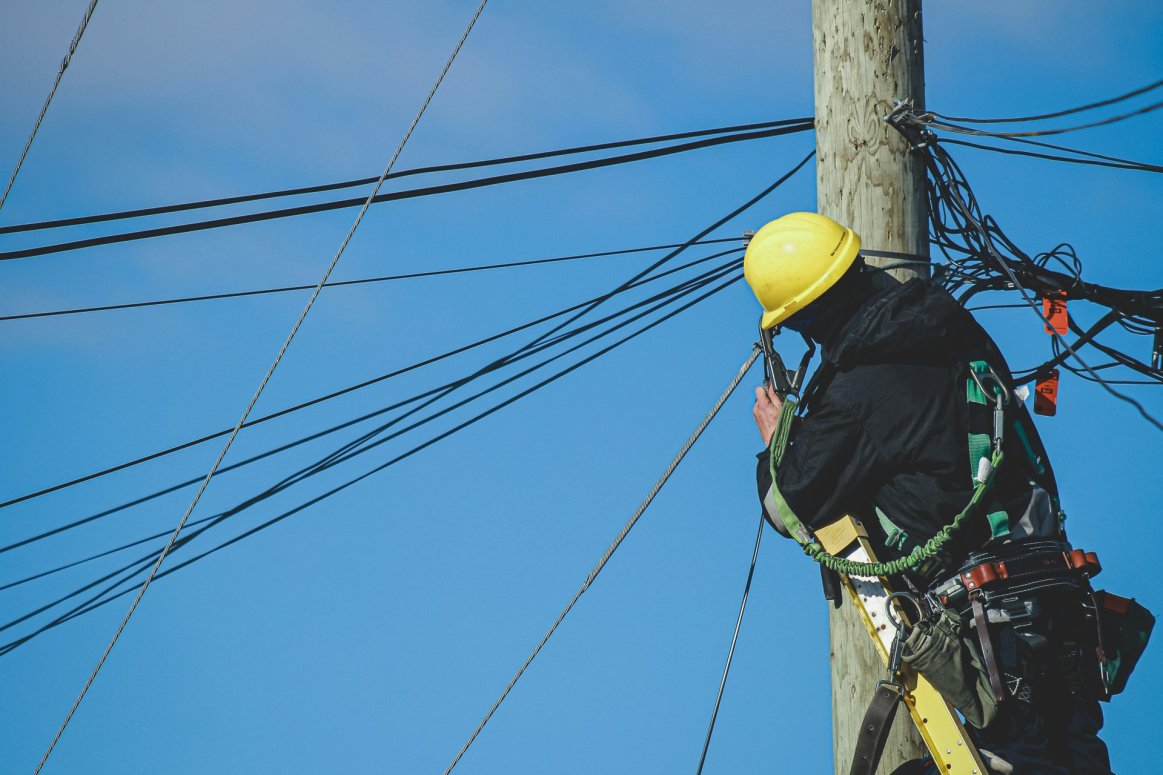
Controversial. If given one word to describe Question 3 from Maine's November 7th ballot, that's my pick. In 2023, Maine residents voted against the forced buyout of Maine's electric grid from the state's two biggest utilities, CMP and Versant. Question 3 proposed to replace these utilities with Pine Tree Power, a nonprofit power company governed by an elected board. On election day, the question failed to pass, with nearly 69% of votes against the proposal. However, the presence of this question on the November ballot indicates a growing majority of constituents desiring improvement in power management.
The electric grid in Maine has been considered costly and often unreliable. Maine holds the gold medal for the highest frequency of power outages in the US. Electricity in Maine also costs 48% more than the national average. These factors have created a controversial landscape for a potential overhaul. The journey to question 3 began with a petition for a citizen initiative to transition ownership of Maine's utility infrastructure back to local hands, supported by the nonprofit Our Power. In the lead-up to the election, Pine Tree Power raised $1.2 million, while parent companies of existing utilities spent $37 million to achieve the victory.
Arguments for both sides of the issue comprised their fair share of promises for long-term consumer savings. At least 94,000 customers of CMP and Versant received disconnection notices last year. Pine Tree Power advertised annual savings of $367 for Maine residents for the next 30 years if the question had passed. Meanwhile, Maine Governor Janet Mills strongly opposed the initiative. She warned that the proposal could not guarantee lower electricity rates, referring to the bid as a "huge gamble." The governor's stance relied on assumptions that for-profit utility models encourage market efficiency, providing energy distribution at competitive prices. In theory, these for-profit utilities are subject to regulatory oversight, assuring fair treatment of customers and transparency.
Risks can be minacious but essential for progress. Legacy power companies across the country viewed question 3 as an existential hazard with the potential to reverberate around the nation, while advocates saw an opportunity. The question's failure to pass shows Maine residents that while a majority vote could not support an overhaul of foreign investor-owned utilities this year, the desire for localized, clean energy initiatives is loud and present.
As investor-owned utilities are challenged to decarbonize while officials adopt aggressive climate agendas amid frustrations at rates and outages, we will continue to witness growing efforts to take energy production and distribution into the hands of the consumer. Thus, the value of offering customers solar + storage solutions for their homes or businesses is paramount in the ever-changing energy landscape.
The November election in Maine may have presented an opportunity to alter the course of history. Yet, experts suggest it’s possible that a costly mistake was avoided. Nevertheless, one thing is certain, if you're looking to reduce your energy bills and maximize savings, investing in solar panels and energy storage is the way to go. Partnering with Greentech Renewables means direct access to industry experts from across the country to help you navigate the solar industry's evolving landscape. Contact a location near you to explore our vast product inventory and finance, design, and engineering services beyond supply to meet all your solar needs.